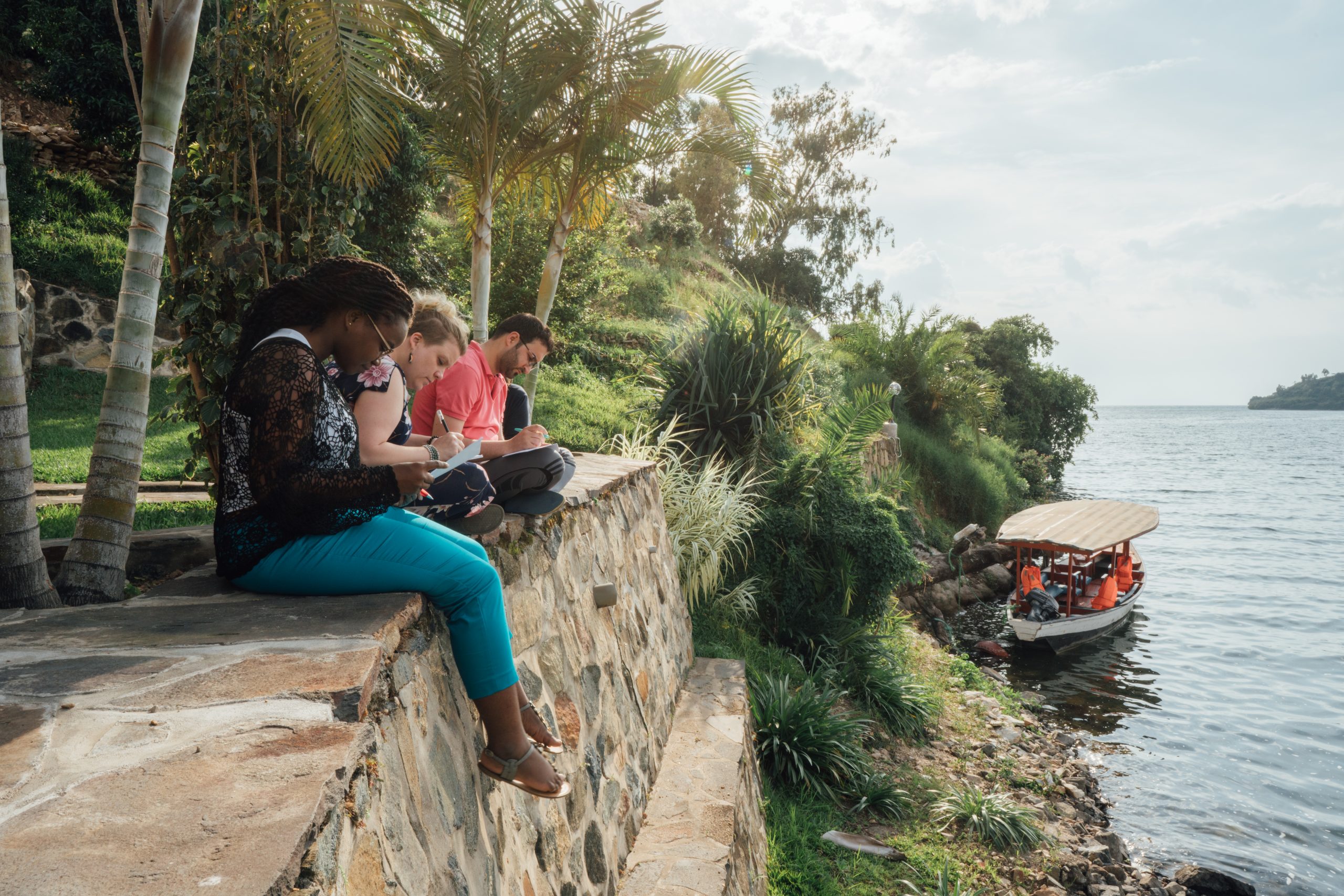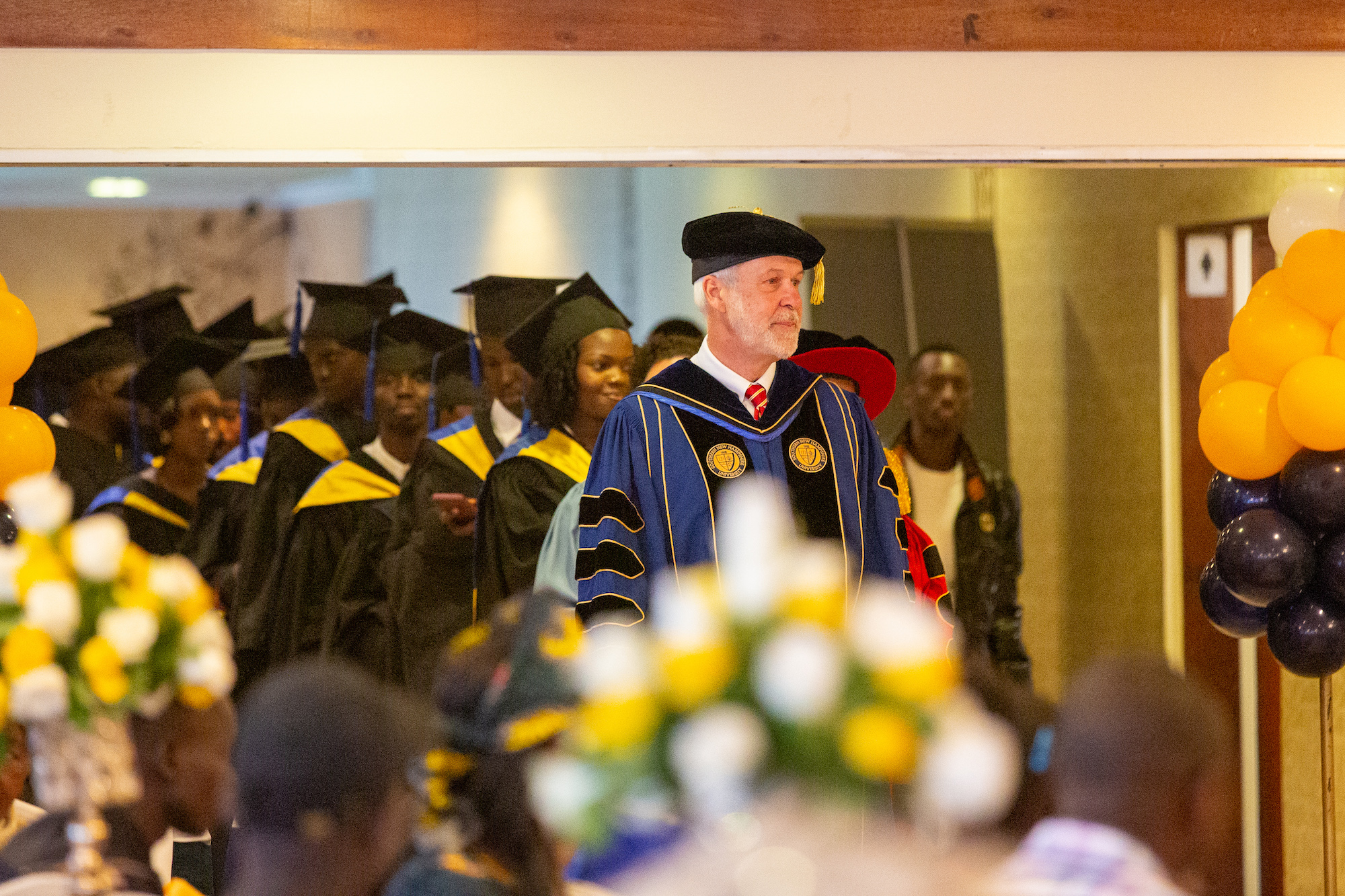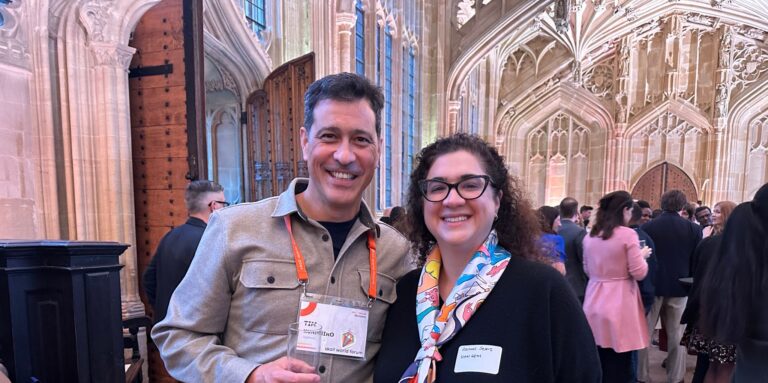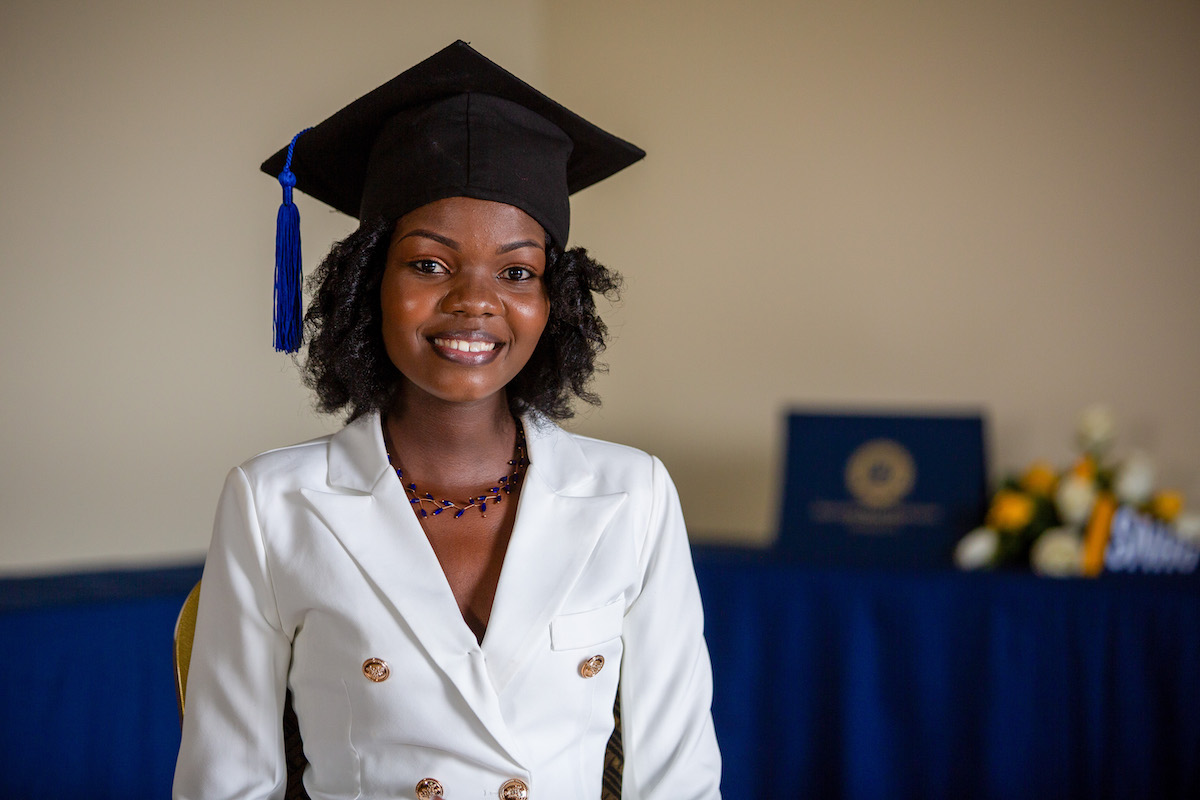GEM staff reflect on the commemoration period for victims of the Genocide against Tutsi in Rwanda.
This past week marked the 27th commemoration of the genocide against the Tutsi in Rwanda and the beginning of the 100-day commemoration period. During this time, the GEM community stands with our students, staff, alumni and community in honor and remembrance. 
In observance of the commemoration period, we wanted to share the reflections of our GEM students, alumni, and staff members. Joseph Dusabe, a GEM Hub Assistant Reviewer and English Language Editor, shares how his family is commemorating during the pandemic and what he hopes the GEM community will know about the commemoration period.
How are you and your family commemorating the genocide memorial? How have you done so in years past?
I live a bit far from my family, but we always remain connected, especially during these hard times of commemorating the Genocide against the Tutsi in 1994. Today, the pandemic made the commemoration more distressing, but the most important thing is to remain hopeful, resilient, and optimistic about a better future.
Before the pandemic, the commemoration period was more soothing. This was because my family and I were able to easily come together and remind ourselves of how important it is to respect people’s dignity, acknowledge their absolute right to life, as well as honoring the fact that what unites people is much more valuable than what separates them. Moreover, we had time to attend commemoration events like #Walk2Remember and #Ibiganiro (talks about genocide) that aimed to give a platform for Rwandans to discuss ways of learning from our tragic past in order to strive for a better future. Personally, I was even more involved in designing event concepts like “Auspicious Youth Power” (Café littéraire), an event that took place in Kigali Convention Center and brought together high-level government authorities, including H.E. Jeanette Kagame.
What does the Day of Remembrance mean to you?
To me, the day of remembrance does not only mean mourning for our loved ones but also learning from the heartbreaking history our country went through to aim for future greatness. Moreover, it also reminds me of the bravery of former Rwandan Patriotic Army that stopped the genocide perpetrated against the Tutsi. Last but not least, the commemoration period brings a deep meditation in my mind, of how human dignity goes far to cross our differences and what other people might think we are.
What do you want others in the GEM community to know about the commemoration period?
I want GEM community members to know that the commemoration period is the time to console each other, to remind ourselves about human dignity, to use lessons of the past to design a beautiful future, and to boost our purpose to build a more resilient Rwanda that our future generations will be proud of.



